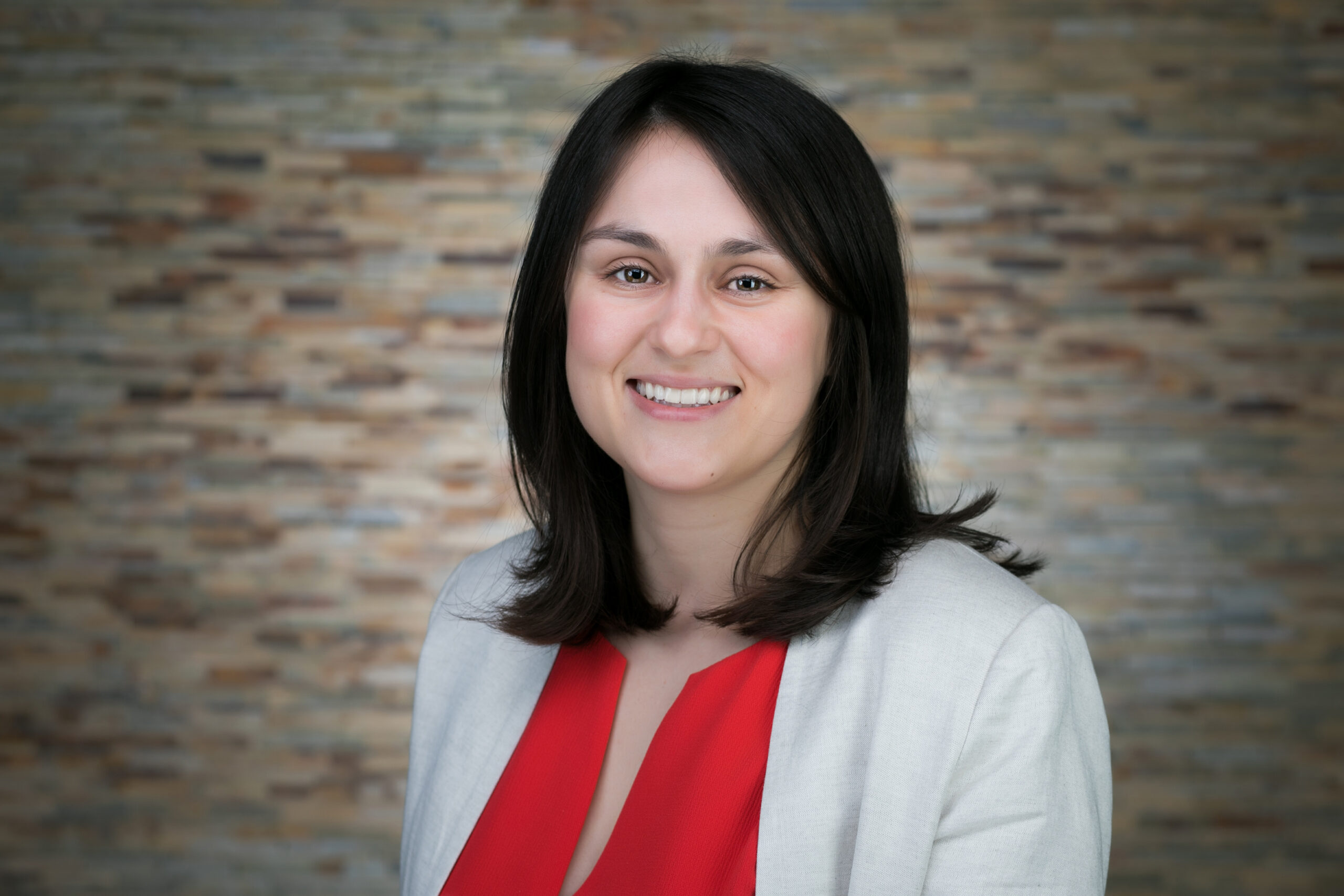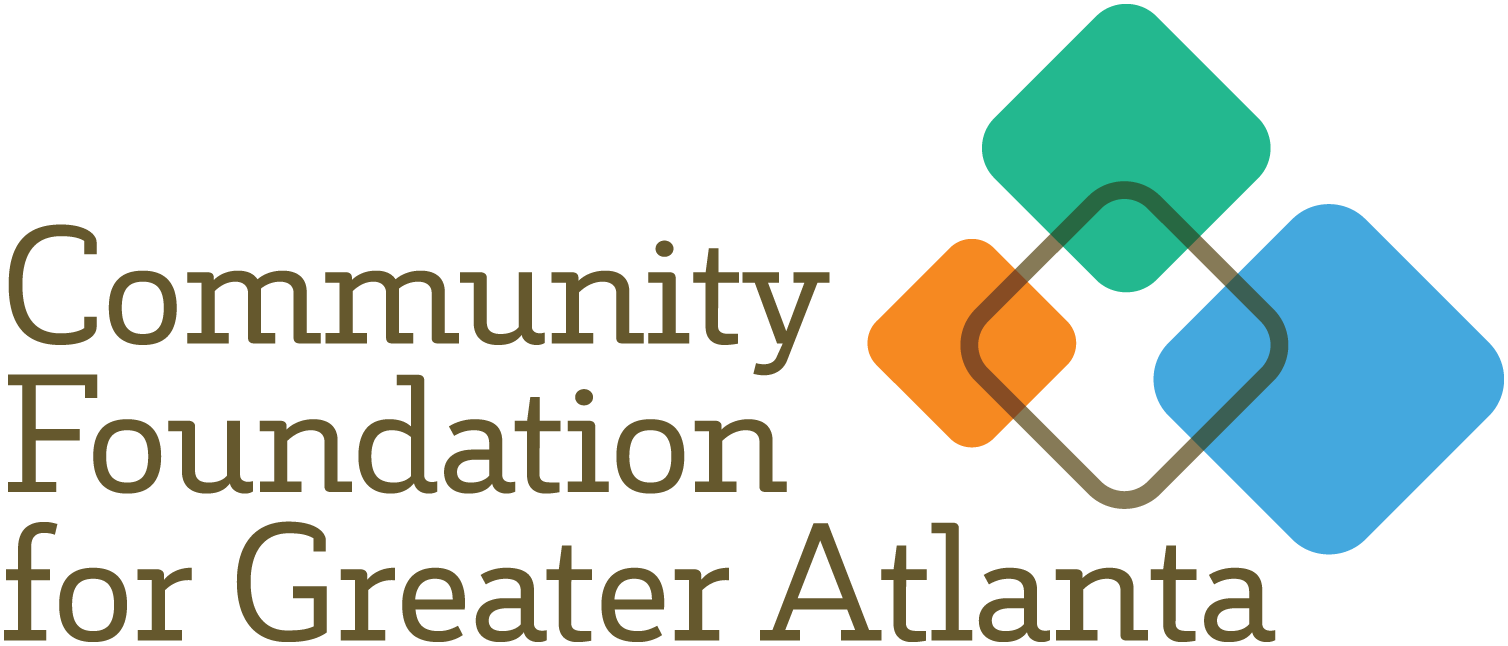
Vanessa Meyer, program officer
Each year, donors and staff have the benefit of hearing from scholarship recipients like Bernard Saunders, a Morehouse alum who became the first in his family to graduate from college and is now working towards an MBA at the University of Georgia. These personal accounts are heart-warming and show just why we do this. As we prepare for the upcoming scholarship cycle, it is important to remember not only how these awards make an impact on the young people we support, but what they mean to our larger community.
Scholarships matter to an increasing number of Georgia’s students with greater financial needs than ever before. Since 2006, the percentage of students qualifying for the federal Pell Grant in the state has nearly doubled (from 27% to 43%) according to the Georgia Budget and Policy Institute (GBPI).[1] Nearly half of our students have financial need with federal dollars covering on average 22 percent of the overall costs for attendance at an in-state college or university.
Filling the gaps are programs like the HOPE Scholarship, which is a model for awarding B+ students merit-based aid. For students with lower grade point averages though, there remain challenges to affording college. Georgia is one of only two states in the country without a need-based financial aid program. As the overall costs for higher education continue to rise—the annual price tag for an in-state college or university ranges between $16,000 and $23,000– first generation, low-income and middle-income students are finding it especially difficult to graduate.[2] Between 2014 and 2016, a total of 13,000 students dropped out of Georgia’s universities because they were behind on paying their tuition and fees, reports GBPI.[3]
Degree completion is not just important to the individual but to the state’s economy. By 2020, 60% of Georgia’s jobs will require a post-secondary education. As Atlanta competes for jobs with cities across the globe, the more highly educated our workforce, the better chance we have for companies like Amazon to come to our city. Beyond jobs, we know that the more education a person has the better their chances are for a healthier, more civically engaged and crime-free life. These factors all add up to making our community a place where young and old can thrive together.
In partnership with our donors, the Community Foundation for Greater Atlanta offers a number of scholarships that aim to improve college access and degree completion trends. From Achieve Atlanta’s need-based aid to the Strickland scholarship that supports students attending Atlanta University Center schools and so many more, we are helping diverse students of all economic levels achieve their dreams of a college degree. But more opportunities like these are needed! Learn more about our incredible scholarship opportunities and how you can join us in investing in Atlanta’s future.
[1] Lee, Jennifer. “Georgia Higher Education Data Book.” Georgia Budget and Policy Institute. https://gbpi.org/2017/georgia-higher-education-data-book/. August 22, 2017.
[2] Suggs, Claire. “Troubling Gaps in HOPE Point to Need-based Aid Solutions.” Georgia Budget and Policy Institute. https://gbpi.org/2016/gaps-in-hope-point-to-need-based-aid/. September 8, 2016
[3]. Ibid.
Categories
- Arts, Culture and Creative Enterprises6
- Book Club26
- Community108
- COVID-1934
- Donor Stories39
- Events30
- Great Grant Stories62
- Higher Ground168
- Housing and Neighborhoods14
- Impact Investing28
- Income and Wealth12
- Media22
- News158
- Nonprofits25
- Philanthropic Resources131
- Place-focused6
- Power and Leadership8
- Press Releases99
- Publications62
- TogetherATL21
- Uncategorized336
